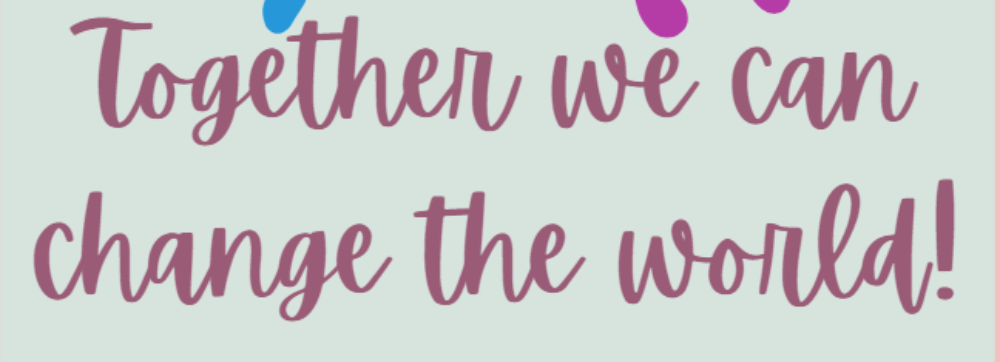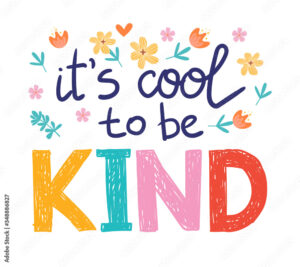Based on some of my field experience, I find students especially in the earlier grades are growing at a rapid rate of how well they can use and navigate things like phones, iPads, computers, and gaming consoles. Which can be looked at in good and bad ways. So I’m left with the question, how do I plan how teaching my students about digital literacy? Here’s what I think and what I learned from some research.
My thoughts:
- Being in the early years, I think it is important to understand your goal as a educator is to build the foundation of thoughtful and safe digital habits for students. I think at this age and even sometimes earlier, students are just beginning to explore internet and technology.
Learning from the readings:
- “Fake news is a type of hoax or deliberate spread of misinformation with the intent to mislead”
- “Prioritize helping students develop investigative techniques”
Connecting to the curriculum and NCTE Framework:
- CR1.2 Mentions looking at multimedia texts and being able to identify and locate key information
- CR1.4 Specifically talks about being able to distinguish fiction and non-fiction
- Engage and explore is something mentioned lots in the Saskatchewan Curriculum and is also mentioned in the NCTE Framework.
Connecting to Reflect:
Even in the early years it is our responsibility to help guide and navigate our students with digital literacy. It might not be about fact checking but understanding safe behaviour, to ask questions, and to think critically with everything they are learning so that they can build their skills, navigate the real and digital world with confidence and care.



Hi Trey,
Thanks for sharing your thoughts, your blog really resonated with me. I agree that younger students are becoming more tech-savvy at a surprisingly fast rate, and as educators, that brings both opportunities and challenges. I really liked how you framed our role in the early years as laying the foundation for thoughtful and safe digital habits. In my blog I mentioned how Finland has been doing this in their education curriculum due to students being more online than ever and needing to understand how to be safe and understand the risks earlier than ever.
Your connections to the Saskatchewan curriculum and the NCTE Framework are really strong. I also appreciate that you brought in the concept of helping students develop investigative techniques, even if fact-checking might be a bit advanced for them at this stage. Focusing on curiosity, asking questions, and understanding what’s “real” or “safe” online is such a key starting point.
One thing I’ve been thinking about is how modeling digital behavior plays a big part, especially in the early years. When students see us using tech responsibly, checking sources, asking questions about what we see online, or even pausing before clicking, they start to mirror that thinking.
Your question “How do I plan teaching digital literacy?” is a great one, and I think you’re already on the right track by grounding it in both research and curriculum outcomes. Maybe it starts small, like co-viewing digital content and having class discussions, or even comparing two videos or websites and talking about what seems real or trustworthy.
Thanks again for your reflection
Kyler